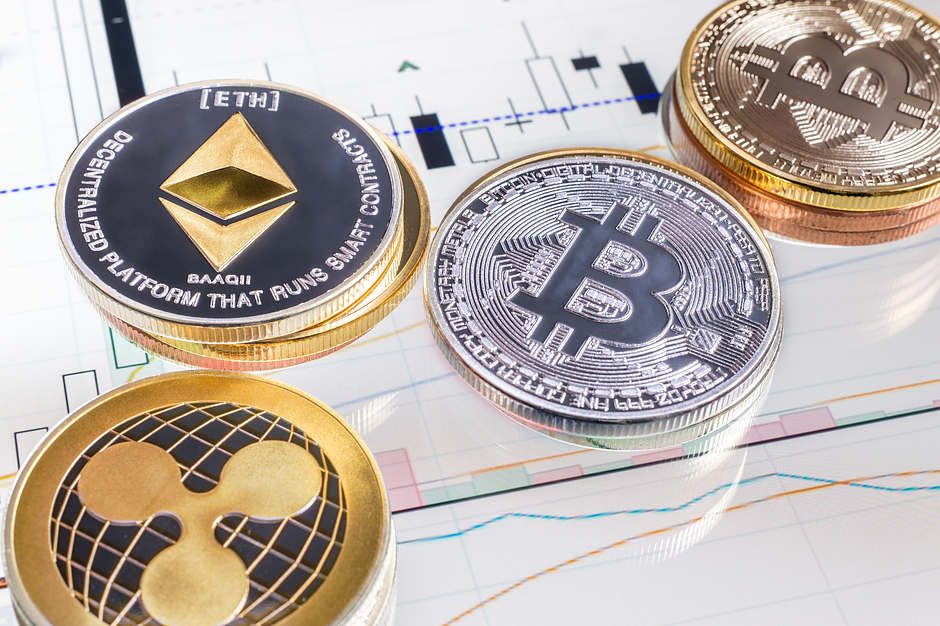Bitcoin mining pool censors transactions making a strong case for privacy coins
- Blockseer launches a mining pool with a transaction filtering functionality.
- The community believes this trend contradicts the underlying idea of the cryptocurrency.
- The pivot to transparency makes privacy-focused coins more attractive.

The analytical cryptocurrency platform Blockseer, a subsidiary of DMG Blockchain Solutions, launched closed testing of a mining pool with a transaction filtering functionality. According to the official press-release, blacklisted transactions won't be included in the blocks.
The company intends to use its proprietary analytical tools, Walletscore solution, and other verified sources of banned addresses to ensure compliance with the US Government's Office of Foreign Assets Control (OFAC) requirements.
Blockseer explains it in the press release:
Blockseer's new Bitcoin mining pool will be North America's first bitcoin mining pool that will not only meet but exceed the US Government's Office of Foreign Assets Control (OFAC) compliance for BTC addresses, as well as providing the utmost level of transparency, auditability, and corporate governance.
Apart from that, all miners will have to pass the KYC (Know Your Customer) procedure before getting access to the pool.
The team further explained that they are focused on assuring users that transactions from malicious addresses are not processed. They believe that cybercriminals and hackers damage the reputation of the industry and hamper the cryptocurrency mass adoption.
Commenting on the news, DMG's COO Sheldon Bennett added:
The pool is focused on being devoid of transactions from known nefarious wallets, which use this medium in ways that continue to sully the reputation of cryptocurrencies, specifically Bitcoin, in the mainstream as well as to impede widespread adoption. Blockseer's pool will be the first of its kind focused on governance, transparency, and building Bitcoin blocks on the network, which are not primarily focused on transaction fees first but on sound transaction data and history.
Bitcoin becomes too regulated
The cryptocurrency community members are concerned with the idea of filtering Bitcoin transactions. Many of them believe that this practice contradicts the spirit of the cryptocurrency philosophy. At the same time, former Monero lead developer Ricardo Spagni admitted that other mining pools might integrate the tracing and filtering functionality as the regulatory pressure is building up.
He wrote on Twitter:
It's only a matter of time till most Bitcoin mining pools are forced to do this transaction filtering. Might be time to dust off p2pool + focus on Stratum v2 support for pools. Also worth noting that adding more privacy to Bitcoin would prevent this.
Meanwhile, the founder of the Wallet Scrutiny website, Leo Wandersleb, noted that introducing the transaction filtering feature on mining pools might eventually lead to the Bitcoin network soft fork.
Wandersleb commented on his Twitter account:
This slippery slope will lead to a soft fork where pools following this approach will reject to build on blocks that don't use their filters. Let them have their US coin.
Anonymous coins come to the fore
The pivot to transparency and compliance on the Bitcoin network brings out the advantages of privacy coins such as Monero and Zcash. These ones allow users to stay anonymous and hide the digital trace of their transactions.
The governmental authorities and regulators worldwide have been trying to crack the privacy-focused coin protocols with little success so far. FXStreet recently reported that the US Department of Justice urged the companies to cooperate with the state authorities and provide the tools to monitor illegal activities. Basically, they requested a backdoor to end-to-end encrypted data to have the ability to detect potentially harmful activities.
However, the privacy coins remain the thorn in the flesh for regulators and enforcement agencies, as all attempts to crack the anonymous protocols yielded no results.
In August 2020, the cryptocurrency research company CipherTrace introduced the first tool for tracing Monero transactions, developed at the request of the US National Security Agency (NSA). The authorities initiated the research and development to crack Monero anonymity as it has become increasingly popular among cybercriminals in Darknet.
The tool allows tracking the stolen coins and the assets involved in illegal activities. However, users' identifications are not revealed, which makes it ineffective for anti-money laundering procedures.
Author

Tanya Abrosimova
Independent Analyst





